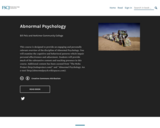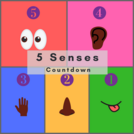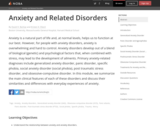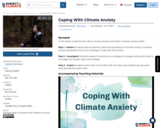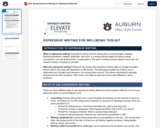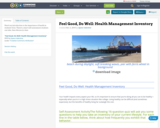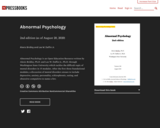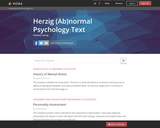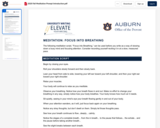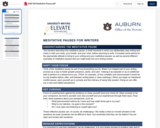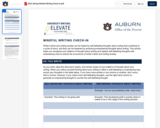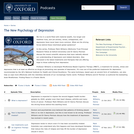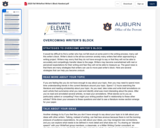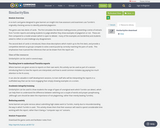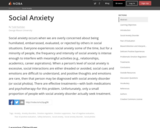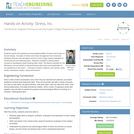Esta investigación analiza los niveles de ansiedad-rasgo y ansiedad-estado, modificando una ansiedad-estado como un estado emocional inmediato, evolucionando en el tiempo. Mientras que la ansiedad rasgo se refiere a diferencias individuales relativamente estables en la ansiedad. Tuvo como objetivo determinar niveles de ansiedad estado - rasgo en tiempos de pandemia Covid-19 en trabajadores de Red de Salud Angaraes - Huancavelica, 2021. Metodología: investigación básica, nivel descriptivo, método analítico sintético, diseño no experimental, transaccional, descriptivo, técnica utilizada, encuesta, se utilizó Inventario Ansiedad Rasgo Estado (IDARE), se tuvo muestra de 110 trabajadores. Resultados: Concerniente a niveles de ansiedad estado, se evidencia nivel bajo 7,27%, nivel medio 41,82% y 50,91% nivel alto. Respecto a ansiedad rasgo, 6.36%, nivel bajo, 40,91 % nivel medio y el 52,73% nivel alto. Respecto al género para ansiedad estado, para femeninos 2.73% nivel bajo, 20.00% nivel medio y 30.91% nivel alto; para masculinos, 4,55% nivel bajo, 21,82% nivel medio y 20,00% nivel alto. De acuerdo con el género, ansiedad rasgo, femeninos presentan 1,82% nivel bajo, 20.00% nivel medio y 31,82% nivel alto. Género masculino presentan 4,55% nivel bajo, nivel medio 20,91% y 20,91% nivel alto. Respecto a edad, trabajadores de 21 a 30 años presentan ansiedad estado en nivel bajo (2,7%), 22,7% nivel medio, y 9,1% nivel alto; de 31 a 40 años 2,7% nivel bajo, nivel medio 13,6%, y 34,5% nivel alto. Conclusión: Los trabajadores de la Red de Salud Angaraes, presentan nivel alto de ansiedad estado 50,91%, respecto a ansiedad rasgo, presentan un nivel alto 52,73%.
